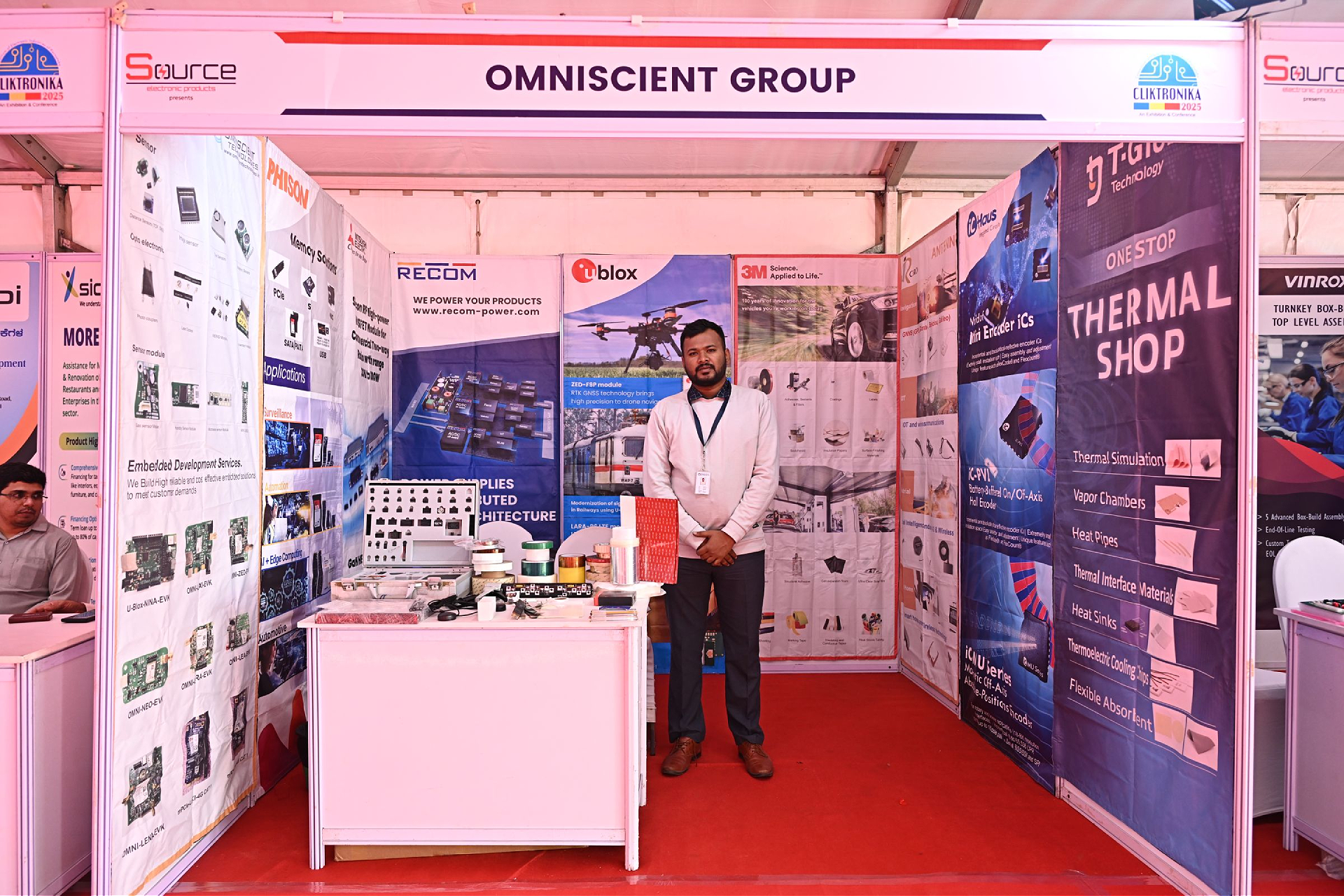
In today’s fast-paced world, technology is advancing at an unprecedented rate. From artificial intelligence (AI) and machine learning to blockchain, augmented reality (AR), and quantum computing, cutting-edge technologies are revolutionising industries and transforming the way we live, work, and interact with the world around us. At the heart of every breakthrough is a desire to push boundaries, innovate, and create solutions that tackle some of the most pressing challenges of our time.
Our event celebrates the power of cutting-edge technologies, offering a platform where the latest advancements are showcased, discussed, and explored by industry leaders, innovators, and technology enthusiasts. Here, we dive deep into the most impactful technologies shaping the future and the industries that are embracing them.
One of the most transformative technologies of the 21st century, artificial intelligence (AI) is already revolutionising every sector, from healthcare and finance to transportation and entertainment. AI’s ability to analyse vast amounts of data, make predictions, and automate complex tasks has already led to significant improvements in efficiency, productivity, and decision-making.
Alongside AI, machine learning (ML), a subset of AI, allows systems to learn from data and improve over time without being explicitly programmed. From predictive analytics and autonomous vehicles to personalised recommendations on e-commerce platforms, machine learning is behind some of the most powerful tools and services we use every day.
Blockchain technology, the foundation of cryptocurrencies like Bitcoin, is rapidly gaining traction in industries beyond finance. With its ability to provide secure, transparent, and immutable records, blockchain is transforming sectors such as supply chain management, voting systems, and smart contracts. By decentralising data storage and transactions, blockchain removes intermediaries, reduces fraud, and ensures greater trust in digital transactions.
The potential applications of blockchain are vast, including in healthcare (secure patient data sharing), real estate (decentralised property transactions), and energy (peer-to-peer energy trading), making it one of the most exciting areas of technological development.
The Internet of Things (IoT) refers to the network of physical devices—ranging from everyday objects like smartphones and wearables to industrial equipment—that are connected to the internet and can exchange data. By embedding intelligence into objects, IoT is enabling real-time monitoring, data collection, and automation across various industries.
From smart homes where thermostats, lights, and appliances work together to enhance convenience and energy efficiency, to smart cities that use sensors to optimise traffic, waste management, and public safety, IoT is creating an interconnected world that is more efficient, responsive, and sustainable.
Augmented Reality (AR) and Virtual Reality (VR) are technologies that are redefining how we experience the world. AR overlays digital information onto the physical world, enhancing the user’s perception with interactive visuals, while VR immerses users in fully simulated environments.
In industries such as gaming, healthcare, education, and retail, AR and VR are being used to enhance customer experiences, train employees, and create innovative solutions. For example, in healthcare, surgeons are using AR to visualise 3D models of organs during surgery, while in education, VR is providing students with immersive learning experiences that simulate real-world scenarios.
Quantum computing is an emerging field with the potential to solve problems that are currently beyond the capabilities of classical computers. Unlike traditional computing, which relies on binary bits, quantum computing uses quantum bits (qubits) that can represent multiple states simultaneously, enabling parallel processing of vast amounts of data.
While still in its infancy, quantum computing promises to revolutionise industries such as pharmaceuticals, finance, and cryptography. Researchers are hopeful that quantum computers will be able to solve complex optimisation problems, simulate chemical reactions at a molecular level, and crack encryption systems, leading to breakthroughs in medicine, energy, and materials science.
The rollout of 5G networks is set to accelerate the development and adoption of a wide range of cutting-edge technologies. With significantly faster speeds, lower latency, and greater capacity than previous generations of wireless technology, 5G will enable new applications such as autonomous vehicles, smart cities, and remote healthcare.
5G will also enhance the performance of existing technologies like IoT, enabling more devices to connect and communicate in real-time, creating opportunities for greater automation, efficiency, and productivity across sectors.
Robotics and automation are transforming industries by replacing manual labour with intelligent machines that can perform tasks more quickly, accurately, and safely. From manufacturing and logistics to healthcare and agriculture, robots are being deployed to automate repetitive, dangerous, or complex tasks.
The use of collaborative robots (cobots), which work alongside human workers, is also growing, enhancing productivity and safety in workplaces. In healthcare, robots are assisting with surgeries and patient care, while in agriculture, autonomous machines are used to plant, monitor, and harvest crops more efficiently.
With growing concerns about climate change and resource depletion, there is an increasing focus on sustainable technologies that reduce environmental impact. Innovations such as solar power, wind energy, electric vehicles, and energy-efficient buildings are contributing to a cleaner, greener future.
Carbon capture and storage (CCS) and green hydrogen are also promising technologies that could help industries and nations meet their emissions reduction targets while transitioning to a low-carbon economy.
The world of cutting-edge technologies is one of constant evolution and innovation. As these technologies continue to advance and mature, they will unlock new possibilities, disrupt existing industries, and create opportunities for business leaders, entrepreneurs, and individuals alike.
By embracing these technologies, companies can stay ahead of the curve, improve efficiency, drive growth, and address global challenges. Whether you’re an early adopter looking to implement the latest tools or simply curious about the future, it’s clear that cutting-edge technologies will shape the way we live, work, and interact with the world for years to come.
| Day 01 |
|---|